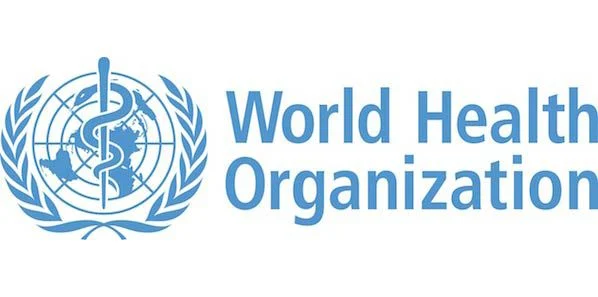The World Health Organization (WHO) began its sixty-seventh annual assembly in Geneva on Monday, 19 May, on the heels of a global survey that indicates high public approval of the nongovernmental agency. Attendance is expected to exceed 3,000 delegates over the six-day World Health Assembly, which was opened by outgoing President Dr. Shigeru Omi of Japan. WHO’s 194 member states send high-ranking representatives to make joint decisions on a variety of key issues pertaining to global health.
Assembly Agenda
Following an address by WHO Director-General Dr. Margaret Chan, assembly delegates will discuss a list of prominent global health topics, including the relationship between climate and health. Each year, a new president and officers are elected by delegates. Among this year’s priorities:
- Develop of a global plan to control and prevent tuberculosis;
- propose health improvement plans for patients with viral hepatitis;
- discuss efforts for the prevention and control of cancer, diabetes, heart disease, chronic lung disease and other non-communicable diseases;
- identify how to protect people from diseases which are preventable by vaccine;
- draft an action plan for newborn health;
- progress towards WHO’s worldwide strategy for maternal and child nutrition;
- discuss autism management;
- identify ways to combat antimicrobial drug resistance; and
- review Millennium Development Goals and define the role of health for the post 2015 development agenda.
Gallup Poll
A new public survey identified WHO as one of the two highest-rated organisations focused on global health, along with partner organisation UNICEF. According to the poll, 82 percent of respondents believe that WHO plays a role in protecting health, and a majority (51 percent) feel that its greatest contribution is promoting services for the poor. Two other areas served by WHO, perceived by 42 percent of those surveyed in each case, are disease protection and public health emergency response.
The Global NGO Barometer 2014 was administered by WIN/Gallup International Association, which polled 66,306 people from 64 nations about prominent nongovernmental and nonprofit groups. In addition to WHO, other organisations included in the survey are UNICEF, CARE, Greenpeace, Oxfam, ICRC, Médecins Sans Frontières, Save the Children, SOS Children’s Village, Codex Alimentarius, Food and Agriculture Organisation, Transparency International, UNHCR, World Vision, and the World Wide Fund for Nature.
Latest Articles
WHO, Congress, patient management, health management, world health organisation
The World Health Organization (WHO) began its sixty-seventh annual assembly in Geneva on Monday, 19 May, on the heels of a global survey that indicates hig...










